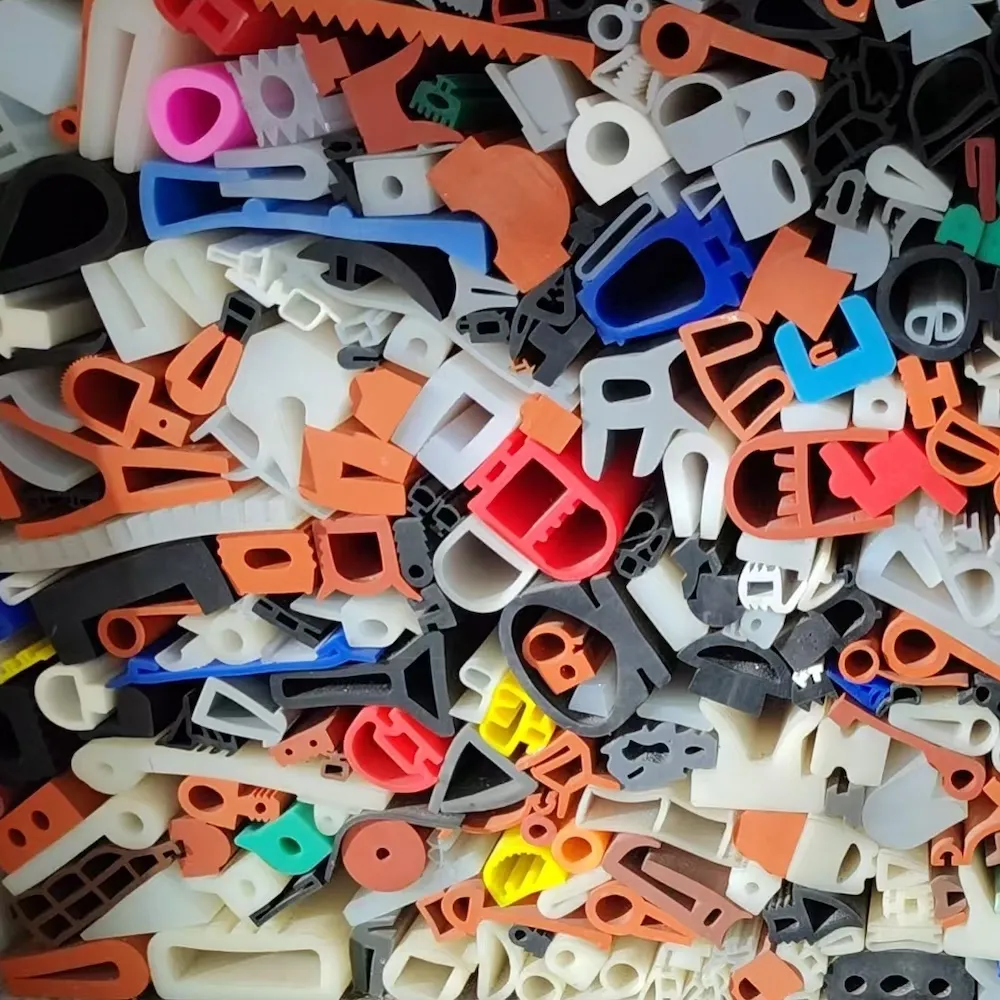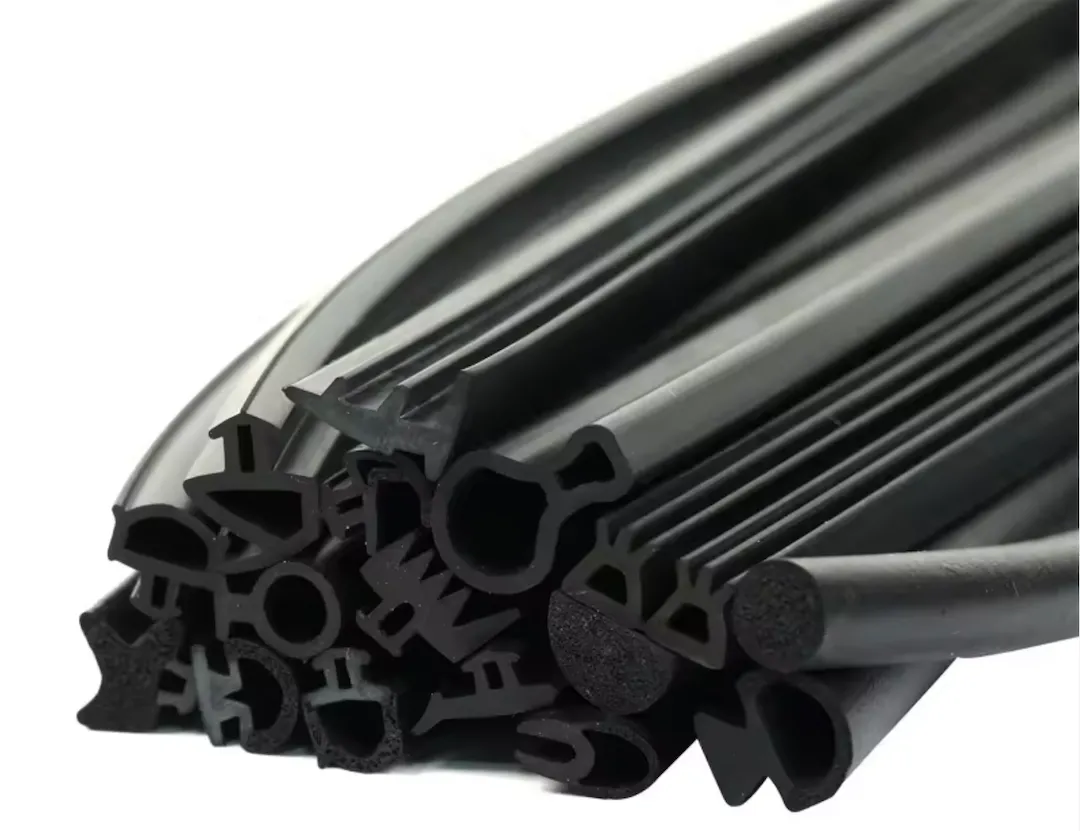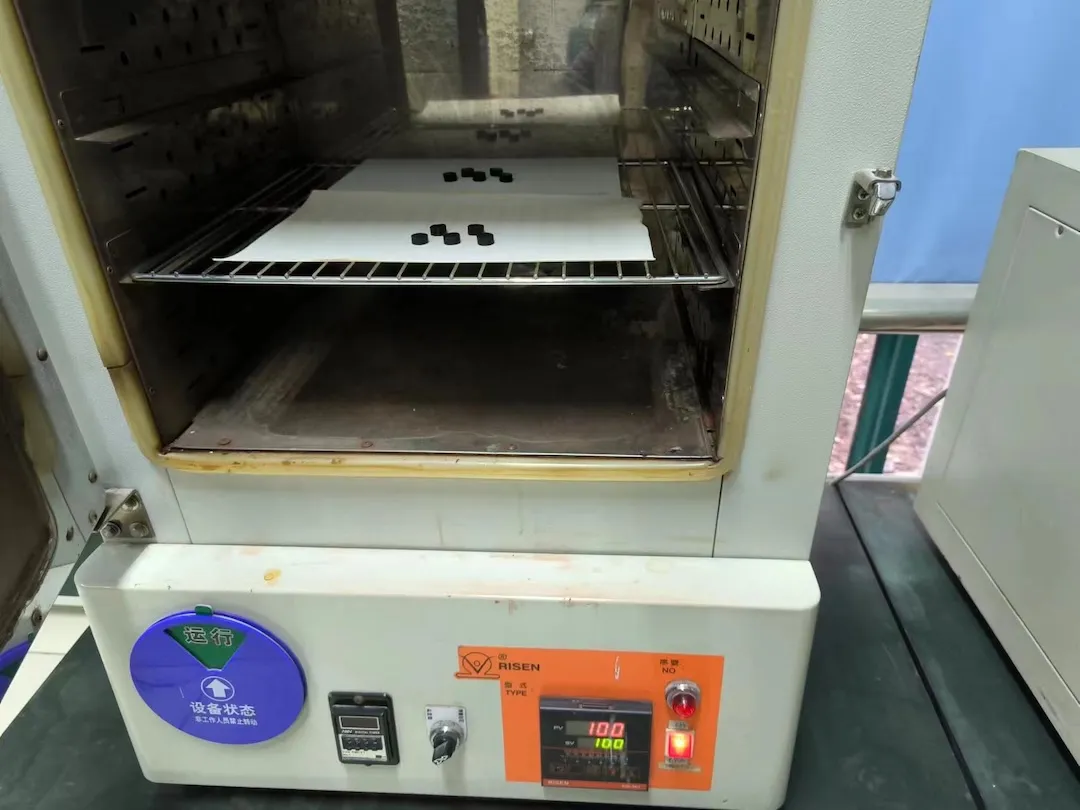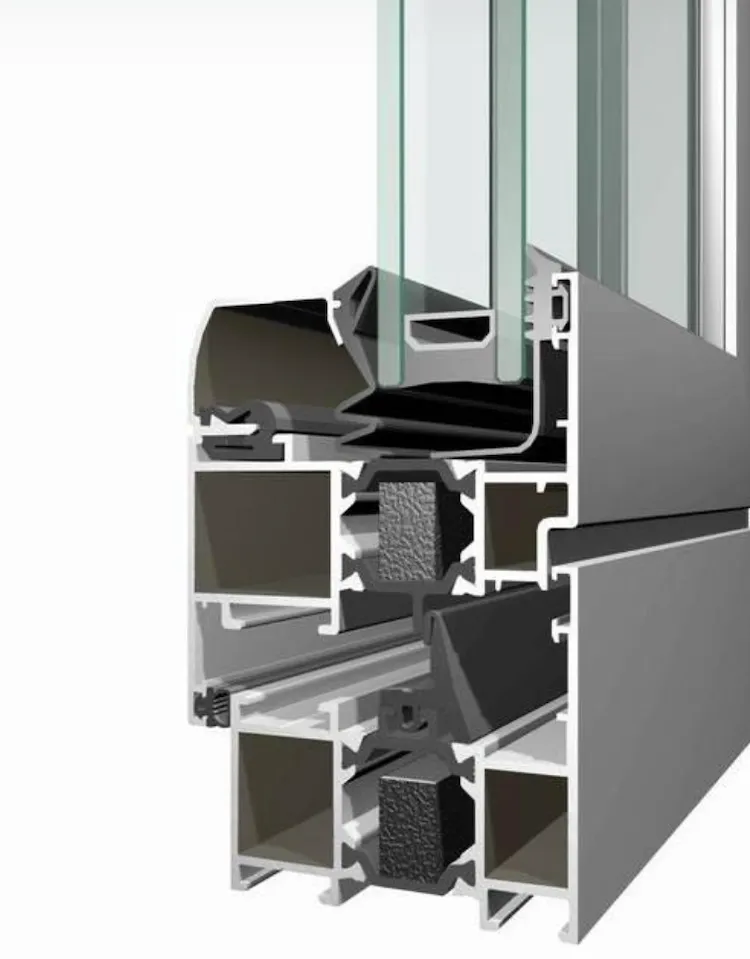
Rubber seals are critical components in modern architectural facade systems, providing crucial sealing, insulation, and structural protection. They play a key role in enhancing facade durability, performance, and energy efficiency.
Table of Contents
Classification of Rubber Seals
EPDM Rubber Seals
EPDM seals are widely used due to their superior weather resistance, UV stability, and durability, ideal for outdoor architectural applications. Silicone Rubber Seals
Silicone seals excel in extreme temperature ranges (-60°C to +230°C) and offer excellent flexibility and long-term elasticity, making them suitable for advanced facade designs.
Neoprene Rubber Seals
Known for chemical and abrasion resistance, neoprene seals are preferred in environments that demand enhanced chemical protection.
Thermoplastic Elastomers (TPE) Seals
TPE seals combine elasticity and durability, providing cost-effective sealing solutions adaptable to complex facade geometries.
PVC Seals
PVC rubber seals offer economical solutions with good weather resistance and ease of processing, ideal for general facade applications.
Common Facade Systems Utilizing Rubber Seals
Curtain Wall Facade Systems
Rubber seals provide critical weatherproofing and thermal insulation, ensuring high-performance curtain walls.
Window and Door Systems
High-quality seals ensure windows and doors maintain their thermal and acoustic performance over time.
Glass Facades
Rubber seals secure glass panels, preventing water ingress and enhancing facade durability.
Metal Cladding Systems
Specialized rubber seals prevent corrosion and secure metal cladding effectively against weather elements.
Ventilated Facade Systems
Rubber seals in ventilated facades ensure ventilation efficiency without compromising waterproofing.
Main Purposes of Rubber Seals in Architectural Facades
Weatherproofing and Water Resistance
Prevents moisture infiltration, protecting facade integrity.
Thermal Insulation and Energy Efficiency
Reduces heat loss, enhancing energy savings and comfort.
Acoustic Insulation and Noise Reduction
Improves building acoustics, minimizing external noise.
Dust and Air Leakage Prevention
Maintains air quality and prevents contamination within interiors.
Enhancing Structural Integrity and Safety
Supports facade durability against environmental impacts and structural stress.
Material Properties and Performance
Material Composition and Durability
Quality rubbers ensure extended lifespan and minimal maintenance.
Hardness and Flexibility (Shore Hardness Scale)
Customizable hardness levels from 30 to 95 Shore A to meet specific facade requirements.
Temperature and UV Resistance
High resistance to UV rays and extreme temperatures protects facade longevity.
Chemical and Corrosion Resistance
Protects facades in chemically aggressive environments.
Manufacturing Processes of Rubber Seals
Extrusion Process and Applications
Ideal for continuous lengths, ensuring uniformity and quality.
Injection Molding Technique
Preferred for precision in complex seal designs.
Compression Molding and its Benefits
Suitable for high-strength seals and enhanced performance requirements.
Vulcanization and Surface Treatments
Improves rubber strength, elasticity, and surface integrity.
Post-Processing and Finishing Methods
Ensures accurate dimensions and excellent final product quality.
Customization Services for Architectural Rubber Seals
Custom Dimensions and Geometries
Tailored precisely to meet architectural requirements.
Color Matching and Options
Seals available in multiple color choices to match facade aesthetics.
Custom Hardness Specifications
Customized hardness levels to suit specific structural and installation requirements.
Tailored Solutions for Special Projects
Fully customized sealing solutions designed for unique facade projects.
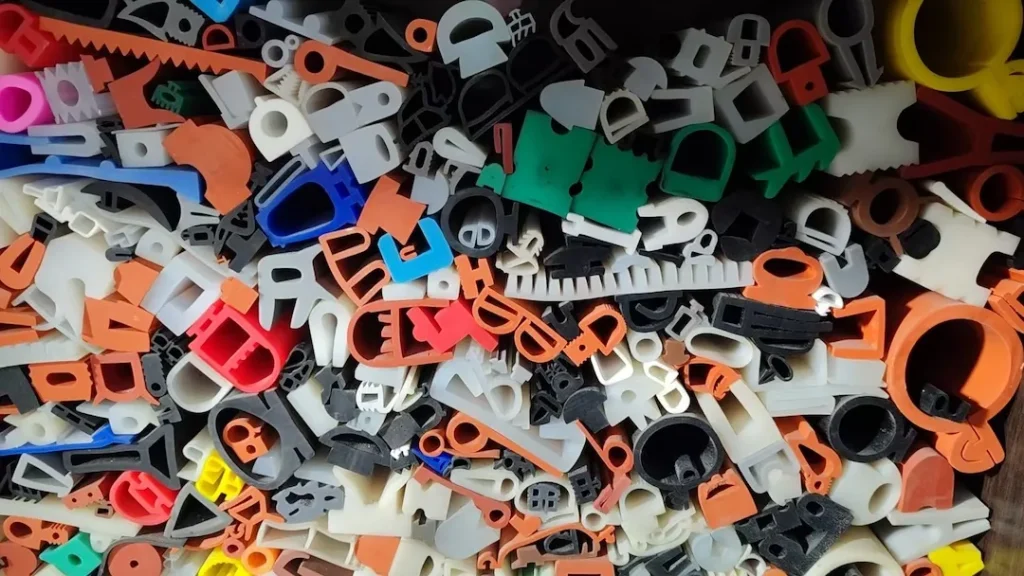
Quality Standards and Certifications
ASTM Standards Compliance
Ensures products meet international quality benchmarks.
ISO Certification and Importance
Guarantees consistent product quality and reliability.
Fire Safety Ratings and Testing
Compliance with critical fire safety standards.
Environmental and Sustainability Certifications
Supports sustainable building practices and environmental standards.
Pricing Factors for Custom Rubber Seals
Influence of Material Type on Pricing
Prices typically range from $0.50 to $5.00 per meter, depending on the rubber type.
Impact of Seal Customization and Complexity
Complex designs and specifications significantly influence pricing.
Production Quantity and Pricing Strategies
Economies of scale achieved through bulk orders reduce unit costs.
Estimating Lead Times and Cost Management
Typical lead times range from 2 to 6 weeks, based on customization levels.
Typical Project Applications and Case Studies
Commercial Building Facade Projects
Examples of high-performance facade sealing solutions.
Residential and Apartment Complexes
Case studies highlighting residential sealing efficiency.
Industrial Facility Applications
Specialized sealing solutions addressing industrial challenges.
Institutional and Public Building Examples
Ensuring long-term performance and public safety through high-quality sealing.
Choosing the Right Rubber Seal for Your Facade
Selecting appropriate rubber seals is vital for facade performance, longevity, and aesthetic appeal. Partner with Albang Hardware for custom rubber seals tailored to your architectural project needs.
Contact Albang Hardware today to discuss your custom facade sealing solutions and receive a personalized quote tailored specifically to your project requirements.
